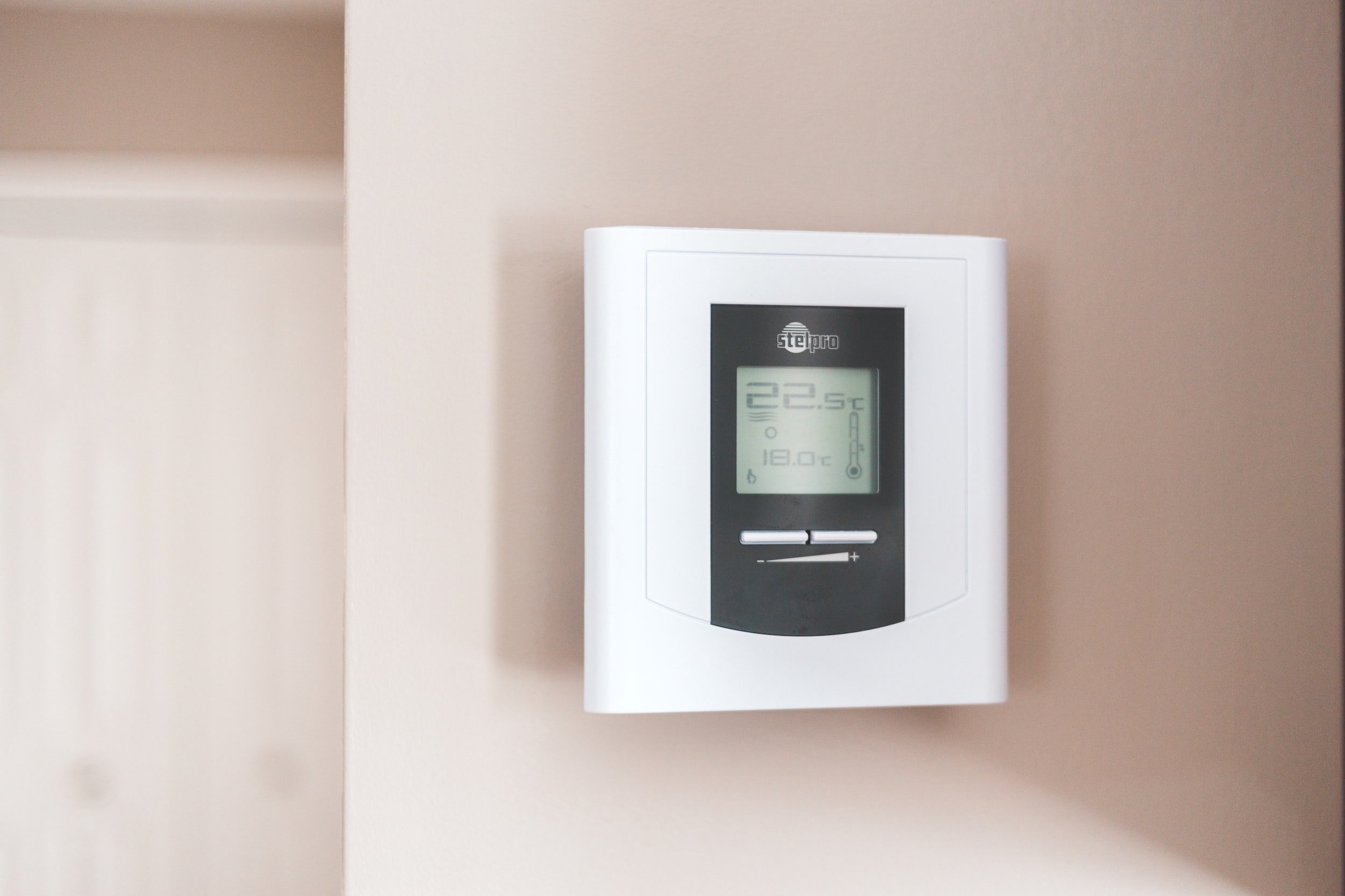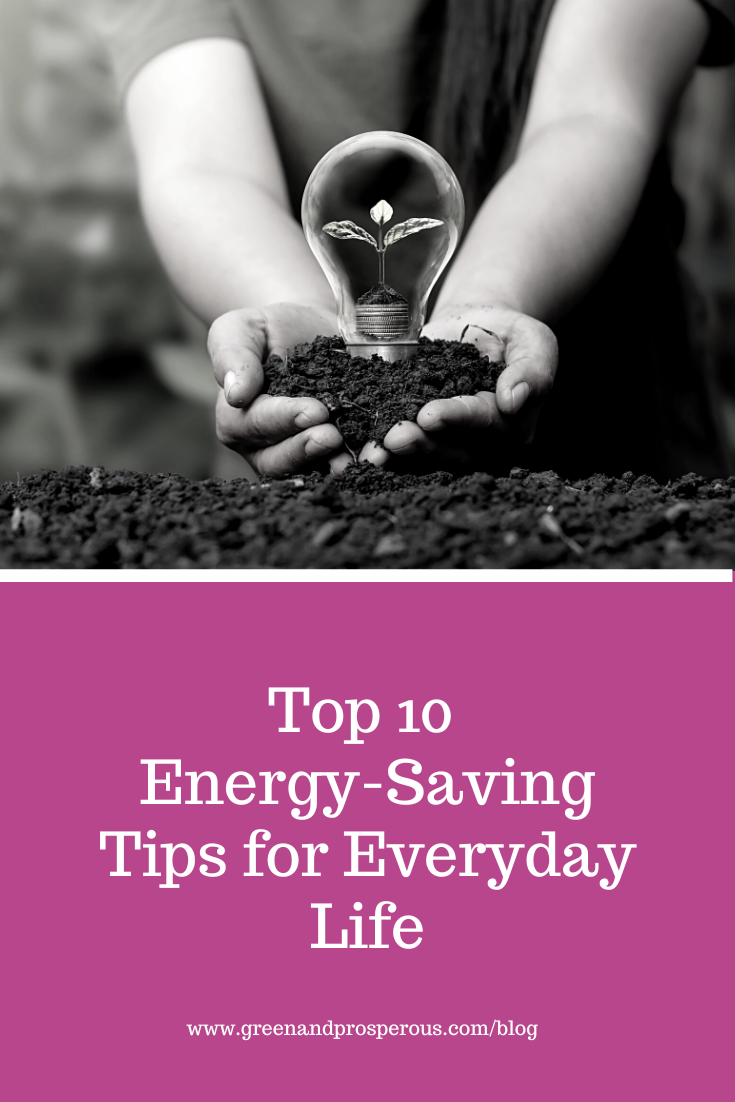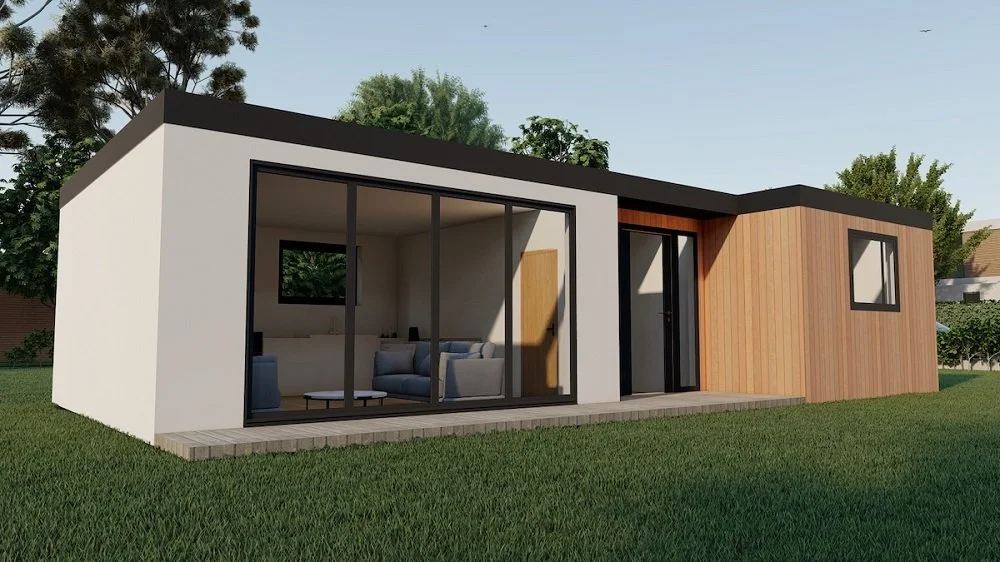Top 10 Energy-Saving Tips for Everyday Life
/If you're concerned about the environment and protecting the planet, then it is time to think about energy-saving. Over the past few years, the issues of energy saving and climate change have been discussed continually and are now hot topics. Buzzwords like "energy conservation," "climate crisis," and "renewable energy" are often used in media. Of course, while we're eager to contribute to the effort to combat climate change and protect the environment, it's not always easy to understand what these terms mean for us individually.
It may appear that saving energy is a difficult task. But, when we do small things together, they have a big impact. By practicing a few good habits, you will notice a significant decrease in your energy consumption. You can reduce energy waste in your home and save money by using less energy to accomplish the same tasks. There are numerous other advantages to energy saving that you should be aware of.
To improve your energy efficiency, you must first understand how energy is used, where it is wasted, and how to use it more effectively and efficiently in daily life. Heating, hot water, and electricity use account for the majority of the energy bill. When the consumption of heat and electricity decreases, so does the climate load and the likelihood of power outages. Here are 10 quick and effective suggestions you can adopt as part of your efforts to save energy.
1. Home Insulation
Good insulation is one of your home's primary energy-saving features. If your home's walls are poorly insulated, more than a third of the heat inside can escape. Homes without insulation lose heat through their walls because they are completely open to the elements. If this is your situation you need to change that very quickly.
Metal-insulated wall panels are a fantastic option since they are more visually appealing than other building materials. They are available in a variety of widths, and metal insulated wall panels provide a solid thermal layer that supports preserving climate control.
2. Install a Smart Thermostat
When you are sleeping, a programmable thermostat can be configured to automatically turn off or lessen the heating and cooling. You can save energy on heating and cooling without having to upgrade your HVAC system by installing a programmable thermostat. A programmable thermostat can save you, on average, £200 a year.
Different varieties of smart thermostats are available, and they can be modified to match your weekly plan. Indicators for when to change air filters or to address issues with your HVAC system are additional features of programmable thermostats that can increase the effectiveness of your heating and cooling system.
3. Purchase energy-efficient appliances
One of the greatest methods to reduce your energy costs is to replace your old appliances with newer, more energy-efficient models. These appliances tend to be more dependable and last longer, as well as use less energy.
According to the research, the average family home uses 14% of its energy in washing clothing. The average family washes 400 loads of laundry each year. An effective washer machine uses roughly 10 fewer gallons, or 45 percent less water per load, and also consumes 25% less energy than a typical washer. Additionally, efficient washers are kinder to clothing, resulting in less wear and tear.
4. Clean Up Your Appliances Regularly
Appliances' cleanliness has an impact beyond just how they appear. Aside from the appearance of the appliances, when dirt, dust, food, and other stuff begin to accumulate within them, they are unable to function as efficiently. If filth or grease has begun to accumulate on your appliances, it's important to implement a cleaning plan that will help to remove the accumulation. Cleaning is a simple and inexpensive kind of preventative maintenance that you may perform on your own time.
Every appliance comes with an average lifecycle that is based on the average amount of use, energy efficiency, and the size of the equipment. To ensure you get the most out of your appliances and their energy efficiency, regularly cleaning them is a must.
5. Look for the Energy Star Logo
About 13% of all residential energy use comes from appliances. So, while purchasing an appliance you need to take into account two figures: the original purchase price and the yearly operating cost. Energy-efficient appliances often cost 9 to 25% less to operate than conventional models, even though they may cost more upfront.
So remember to check for appliances with the ENERGY STAR logo next time when you buy an appliance. Keep in mind that different energy savings apply based on the appliance. At the moment, all types of water heaters use 19 percent more energy than cooking and refrigeration combined. So it's crucial that when you select a new water heater for your home, you choose a water heating system that provides enough hot water for your family and is also energy-efficient.
6. Turn Off Your Power Strip Before Leaving
By remembering to turn off your power strips when not in use, you can save energy and money. Vampire power (phantom loads) refers to the electricity used by plugged-in devices even when they are turned off or in sleep mode. There are a variety of office supplies and electronics, such as laptops, printers, and phone chargers, that continue to draw electricity even when you are not using them.
So whenever you are not using them, be sure to unplug devices and appliances. Using outlet/power strips, which enable you to turn everything off with the flick of a switch, will simplify this task. Place the power strip in areas that are simple for you to access to assist you to remember.
7. Unplug Chargers
When not in use, always unplug chargers for your devices and appliances. By doing that you may prevent electrical fires, and also will save you energy and money. The devices plugged into the power strip continue to use electricity when it is turned on, which increases your energy consumption. According to the study, nearly one-fourth of all household energy use is accounted for by equipment in sleep or standby mode.
it is smart to put your phone in airplane mode while it is charging so that it won't continuously use energy trying to connect to mobile phone towers. . In this way you can charge your phone faster. Power consumption increases with screen brightness, and vibration uses more energy than ringtones. Low Power Mode also prolongs battery life, which results in less energy use.
8. Use Your Laptop More Than Your Desktop
Did you know that laptop computers require 20 to 50 watts of electricity on average? By comparison, desktop computers use 60 to 200 watts on average. The reason for this is logical, laptops run on battery power, whereas desktops are constantly hooked to a power source, which consumes more energy.
Once completely charged, unplug your laptop and docking station from the power supply. Not only does this help you save energy, but it also extends the life of your laptop's battery.
9. Improve Your Laundry Efficiency
Long-term energy savings can be achieved by correctly handling your laundry. First of all, always wait until you have a full load of washing machines. Furthermore, only use high temps when the clothing is severely dirty. The majority of the energy needed in the washing process is for heating the water. Washing clothes in cold water can result in significant energy savings, and cold water detergents are available.
A typical clothes dryer uses the same amount of electricity as an energy-efficient refrigerator, washer, and dishwasher combined. Drying clothes on the line saves money and promotes energy efficiency. It also adds freshness by eliminating odors and is gentle on textiles. This is also one modest step in the right direction.
10. Turn Off the Lights
When not in use, turn off the lights. An average household electricity bill includes roughly 5% for lighting and even more if you're not careful. Everyone is aware that burning lights use electricity, but we frequently forget to switch them off. Replace old light bulbs with energy-saving bulbs. Also if you use CFLs or LEDs, try not to turn them off if you'll be out of the room for 10 minutes or less. They use more electricity switching on and off than they do running for that period.
Saving Energy Is Necessary
Like this? Please pin!
Living an energy-efficient lifestyle is critical for a variety of reasons. For starters, it can help keep rising energy prices in check. Rates are routinely raised by energy firms, partially to profit and cover costs, but also to urge users to reduce their usage. Saving energy can also aid in the reduction of air pollution and climate change, which are linked to wildfires, higher temperatures, more violent droughts, and hurricanes. Saving energy benefits both the environment and our daily life.
There are numerous advantages to living an energy-efficient lifestyle. It can help reduce greenhouse emissions and other pollutants, which is extremely good for our environment. Also, using renewable energy saves both energy and money. If we save more energy, natural gas prices and volatility will be driven to fall.
About the author:
Lisa Thomas is an editor, copywriter, and research blogger who also specializes in SEO stuff 🙂 When she’s not editing, copywriting, researching for blogs (or doing SEO stuff 🙂), Lisa is an artist who enjoys painting, a cat mom, and a passionate weight lifter!












































Many people recognize that our society has reached a point of environmental urgency. Without taking measures now, the irreversible effects of climate change could prove disastrous for generations to come. Therefore, citizens and businesses alike need to find ways they can make sustainable adjustments, whether that’s turning to green energy as a whole or finding smaller ways to make a difference